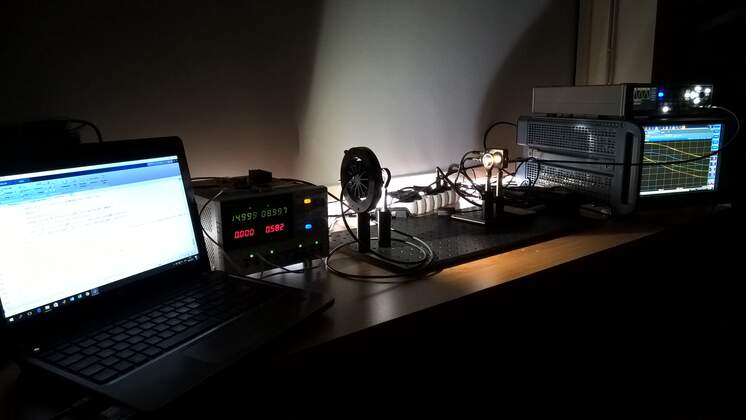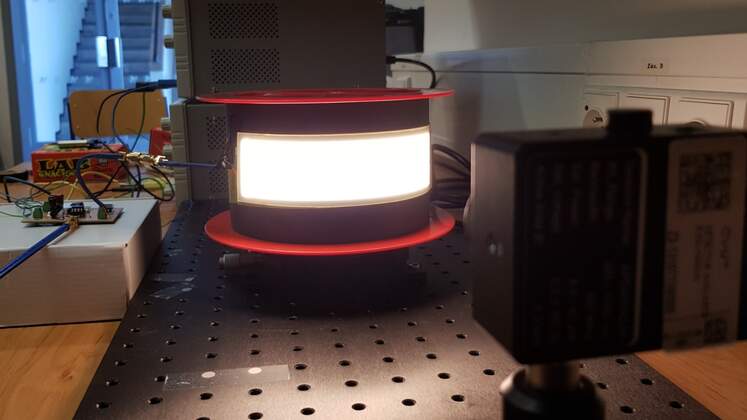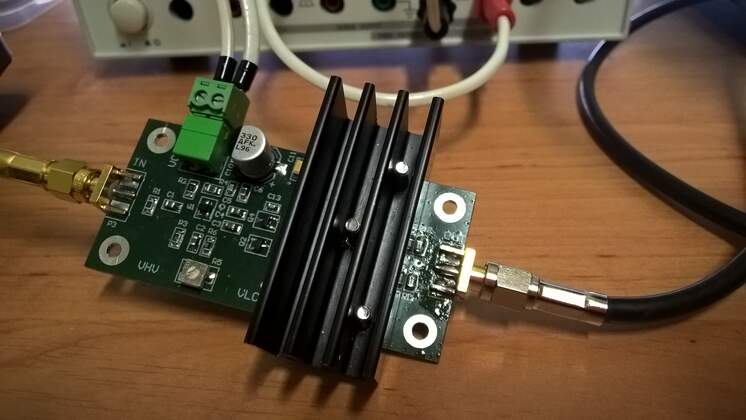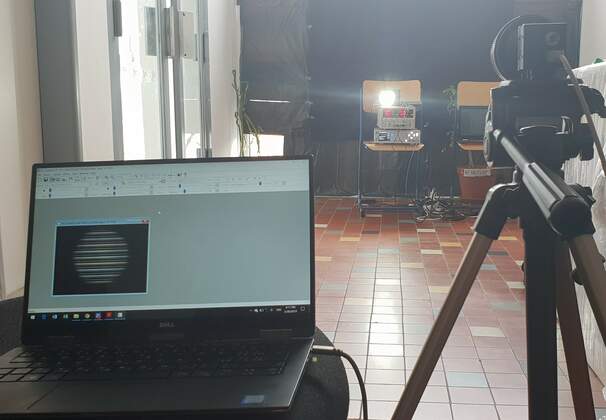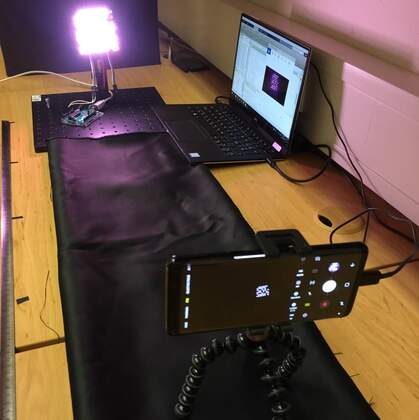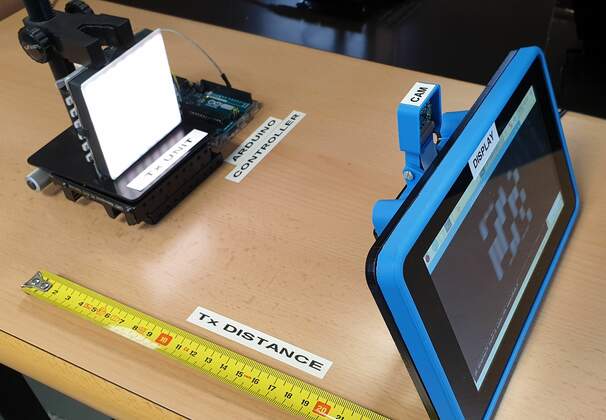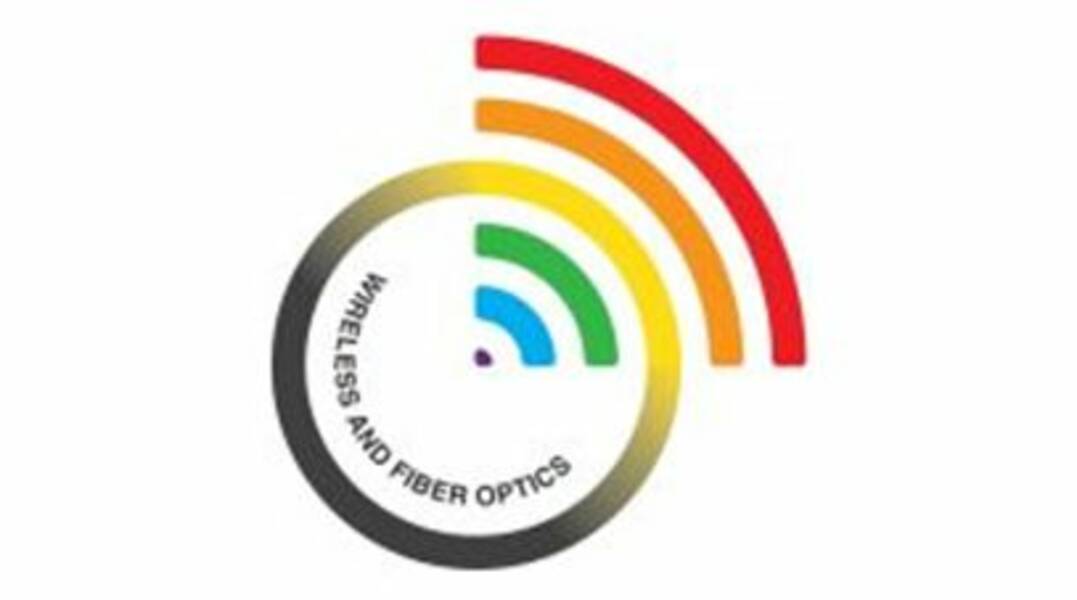Recently, we have been focused mainly on the signal processing techniques enabling effective utilization of the transmission bandwidth in VLC. We have adopted multi-band carrier-less amplitude and phase (m-CAP) modulation in VLC domain, originally developed for optical fibre networks, and proposed and verified a number of techniques improving m-CAP performance in terms of bit rate, spectral efficiencies, and computational complexity. Among inorganic LEDs, organic-based LEDs (OLEDs) represent a possible solution for solid-state lighting applications due to their advantage such as ultra-low costs, mechanical flexibility, and large photoactive areas. However, their modulation bandwidth is limited to a few hundreds of kHz introducing significant bottle-neck in VLC networks. Thus, we are also focused on equalization schemes that enhance VLC systems performance and are necessary for designing OLED based networks.
We have many international academic collaborations with world-leading research groups in the field of VLC, including Northumbria University and Newcastle University.

